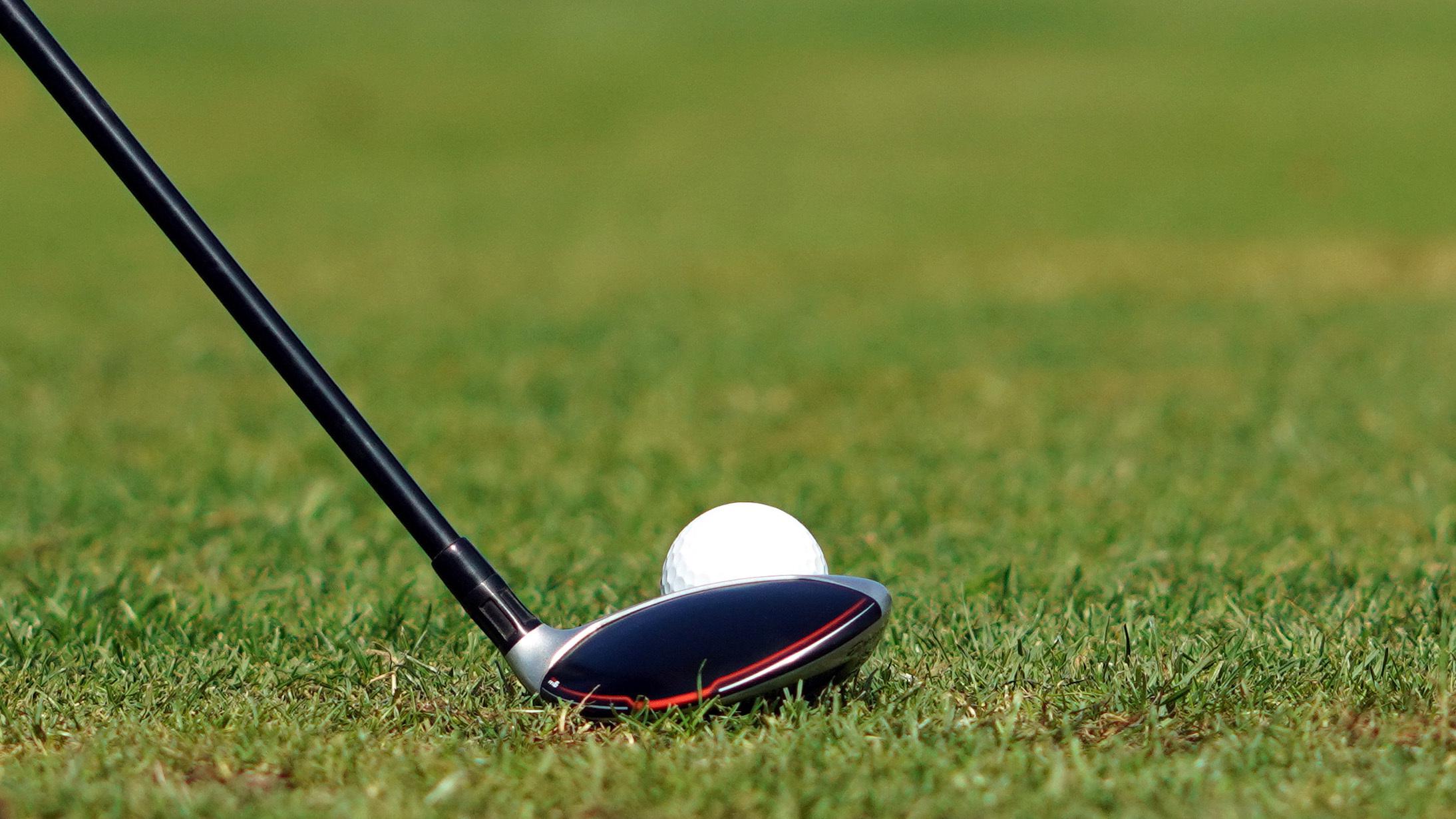For aspiring golfers seeking to elevate their performance, strategic nutritional planning is paramount. This article presents evidence-based guidance to optimize macronutrient intake, hydration, and micronutrient consumption for novice golfers, supporting their energy production, muscle development, post-round recovery, and overall endurance. Informed nutritional choices empower golfers, coaches, and parents to foster optimal on-course performance and long-term golf success.
Macromolecular Balance for Endurance and Recovery
Fueling your body with the right balance of macronutrients—carbohydrates, proteins, and fats—is essential for both endurance and recovery. Let’s break down each macronutrient’s role:
Carbohydrates: The primary fuel source for physical activity. They replenish glycogen stores in muscles, which provide energy during exercise. Good carb sources for golfers include:
- Oatmeal
- Brown rice
- Whole-grain bread
- Bananas
Proteins: Essential for muscle building and repair. They help maintain muscle mass and promote recovery after exercise. Include lean protein sources in your diet, such as:
- Chicken
- Fish
- Beans
- Tofu
Fats: Provide energy and support hormone production. Choose healthy fats from sources like:
- Avocado
- Nuts
- Olive oil
- Fatty fish
Maintaining a balance of these macronutrients is crucial for optimal performance and recovery. Experiment with different ratios to find what works best for you, especially on game days and during practice sessions to enhance your game.
For instance, a pre-round meal might include a moderate amount of carbohydrates to provide sustained energy, a moderate amount of protein to support muscle endurance, and a small amount of fat for sustained energy. During the round, focus on consuming high-glycemic carbohydrates to replenish energy stores quickly, such as sports drinks or energy gels. Post-game recovery should involve a combination of carbohydrates and protein to refuel glycogen stores and promote muscle recovery. Remember that individual nutritional needs can vary, so it’s always beneficial to consult with a registered dietitian for personalized guidance.
Hydration: Strategies for Maintaining Optimal Performance
Staying adequately hydrated is a cornerstone of athletic performance, especially in physically demanding sports like golf. Novel golfers should prioritize fluid intake throughout their round to maintain body water content and support key physiological processes.
Pre-Round Hydration: Start the day with a large glass of water before teeing off. This preparatory hydration sets a baseline to optimize energy levels and alertness.
On-Course Fluids: Regularly consume water or low-sugar sports drinks during the round to replenish fluids lost through sweat. Avoid sugary sodas or energy drinks as they can dehydrate.
Post-Game Recovery: After completing the round, rehydrate thoroughly with a electrolyte-rich beverage or sports drink. Electrolytes help restore mineral balance lost through perspiration.
Sample Water Intake Recommendations
| Activity Level | Fluid Intake per Hour |
|—|—|
| Light Exercise | 16-24 ounces |
| Moderate Exercise | 24-32 ounces |
| Intense Exercise | 32-40 ounces |
Hydration Tips for Optimal Performance:
Monitor urine color, aiming for light yellow to clear urine as an indicator of adequate hydration.
Avoid excessive caffeine and alcohol consumption, as these substances dehydrate.
Carry a water bottle on the course for easy accessibility.
* Take frequent hydration breaks, even if not feeling thirsty, to prevent dehydration.
Pre-Round Meal Strategies for Optimal Energy Production
The pre-round meal provides the foundation for sustained energy throughout the game. Aim to consume a nutrient-rich meal 2-3 hours before tee-off, providing sufficient time for digestion and nutrient absorption. Prioritize the following food groups:
- Carbohydrates: Complex sources like whole-wheat bread, brown rice, or oatmeal provide sustained energy.
- Protein: Lean meats, poultry, fish, or plant-based alternatives support muscle growth and repair.
- Healthy fats: Avocados, nuts, or olive oil promote satiety and enhance nutrient absorption.
Sample Pre-Round Meal Options:
| Meal | Time Before Tee-Off |
|—|—|
| Oatmeal with berries and nuts | 2-3 hours |
| Chicken salad sandwich on whole-wheat bread | 2-3 hours |
| Salmon with brown rice and sautéed vegetables | 2-3 hours |
Foods to Avoid Before Playing:
- Sugary drinks and snacks: These provide a temporary energy boost followed by a crash.
- High-fat or fried foods: They delay digestion and can cause stomach upset.
- Spicy or acidic foods: These may trigger heartburn or indigestion.
On-Course Fueling: Maximizing Energy Levels and Concentration
Maintaining optimal energy levels and focus during a round of golf is paramount for performance. Beginner golfers can strategically fuel their bodies on the course to enhance endurance and mental acuity.
Regularly ingesting small, easily digestible snacks throughout the round is recommended. These snacks should be rich in carbohydrates to replenish glycogen stores and provide sustained energy. Healthy carbohydrates include trail mix, sports drinks, bananas, and energy gels. Additionally, electrolytes, such as sodium and potassium, are crucial for hydration and muscle function.
For longer rounds or those played in hot conditions, it may be beneficial to consume a more substantial snack. This could include a sandwich with lean protein or a granola bar with peanut butter. These snacks provide a sustained release of energy and can help maintain blood sugar levels.
On-Course Fueling Recommendations
| Snack Option | Macronutrient Breakdown |
|—|—|
| Apple with peanut butter | 15g carbs, 5g fat, 4g protein |
| Low-fat granola bar | 30g carbs, 10g fat, 5g protein |
| Banana | 25g carbs, 1g fat, 1g protein |
| Trail mix | 20g carbs, 10g fat, 5g protein |
| Sports drink | 20g carbs, 0g fat, 0g protein |
Post-Game Recovery Guidelines for Muscle Regeneration and Wellness
The post-game phase is as crucial as pre-round preparation. Here are few guidelines to speed up recovery:
- Protein Intake: After a round of golf, prioritize consuming protein within 30-60 minutes to initiate muscle repair. Good sources include lean meats, poultry, fish, tofu, and plant-based protein powders.
- Carbohydrate Replenishment: Carbohydrates replenish glycogen stores and promote muscle recovery. Opt for high-glycemic index carbs, such as white rice, bread, or sports drinks, within 2 hours post-game.
- Hydration: Continue to hydrate adequately to restore fluid levels lost during the game. Water or low-sugar sports drinks are effective options. Consider drinks containing electrolytes, particularly sodium, to replenish electrolytes lost through sweat.
| Nutrient | Role | Post-Game Recommendations |
|—|—|—|
| Protein | Muscle repair and growth | 1.2-1.7 grams per kilogram of body weight within 30-60 minutes |
| Carbohydrates | Replenish glycogen stores | High-glycemic index carbs within 2 hours of play |
| Hydration | Restore fluid levels | Water or sports drinks, particularly those containing electrolytes |
adhering to the dietary strategies outlined in this article can significantly enhance performance in beginner golfers. By optimizing macronutrient balance, ensuring adequate hydration, and consuming essential micronutrients, aspiring athletes can fuel their bodies effectively, support muscle development, and enhance endurance. These recommendations provide a comprehensive roadmap for young golfers and their support systems to unlock their performance potential. Embracing evidence-based nutrition principles empowers individuals to optimize their health and achieve their golfing aspirations, contributing to a fulfilling and successful sporting journey.





